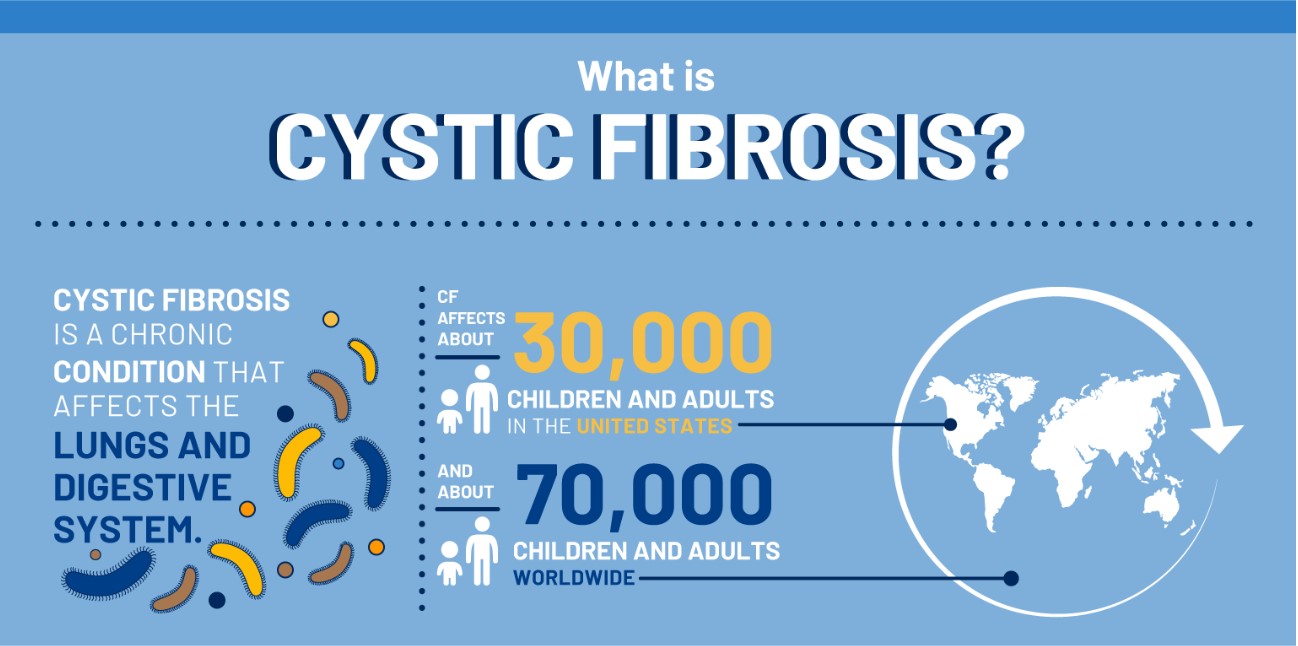In the spirit of cystic fibrosis awareness month, one of the
most important things we can do as patient and family advocates is communicate
effectively about the disease condition that affects our lives. From the
outset, many of us lack formal medical education (me included!) and without
that, it can be challenging to talk about some of the nuanced issues we face in
cystic fibrosis. There is nothing easy about explaining how dysfunctional CFTR protein
found in bronchial epithelial cells leads to the mess we call cystic fibrosis. One
of those nit-picky issues is whether cystic fibrosis should be classified as a
disease, a condition or something else.
For reference, at the Boomer Esiason Foundation, we refer to CF as a condition on our What is CF? page.
In my recent op-ed in the New York Daily News, I said, “CF is a rare genetic condition.”
On the Cystic Fibrosis Foundation’s About Cystic Fibrosis page, CF is, confusingly, defined two different ways:
- “Learn about cystic fibrosis, a genetic disorder that affects the lungs, pancreas, and other organs, and how to treat and live with this chronic disease.”
- “Cystic fibrosis is a progressive, genetic disease that causes persistent lung infections and limits the ability to breathe over time.”
On the Cystic Fibrosis Trust What is CF? page in the UK, the organization says, “Cystic fibrosis (CF) is a genetic condition affecting more than 10,500 people in the UK.”
Cystic Fibrosis Research, Inc. describes CF as a disease on their About CF page.
So what’s the deal here? Is CF a disease? Is it a condition? Is it a disorder? Do the terms have different meanings or are they all synonymous? I think we can all agree CF really does suck… and that’s probably all that matters., but It turns out there are varying definitions for what constitutes a disease, condition or disorder. To the medical dictionary!
Disease: an impairment of the normal state of the living animal or plant body or one of its parts that interrupts or modifies the performance of the vital functions, is typically manifested by distinguishing signs and symptoms, and is a response to environmental factors (as malnutrition, industrial hazards, or climate), to specific infective agents (as worms, bacteria, or viruses), to inherent defects of the organism (as genetic anomalies), or to combinations of these factors.
Condition: a usually defective state of health
Disorder: an abnormal physical or mental condition
Finally… one to describe me
Confused: being perplexed or disconcerted
I think it’s pretty easy to see why these terms are used so haphazardly. The definitions are left open to interpretation.
From my perspective… here’s how I interpret the above:
Cystic fibrosis is a genetic condition that can lead to the manifestation of different, but linked diseases.
So I would say that I suffer from moderate respiratory disease because I am living with cystic fibrosis, an inherited condition.
And that, folks, is my answer.
If after reading this you feel like you’re ready to rise up and defend your position on disease, condition or something else… don’t. This point here is that it’s important to think critically about whatever it is that you are trying to communicate. You’re probably right regardless of whether you call CF a disease or a condition. Personally, I think it’s funny that there largely isn’t a consensus on behalf of the some of the organizations mentioned above.
Oh… and remember… cystic fibrosis doesn’t receive capitalization when used in the body of text or a sentence…





